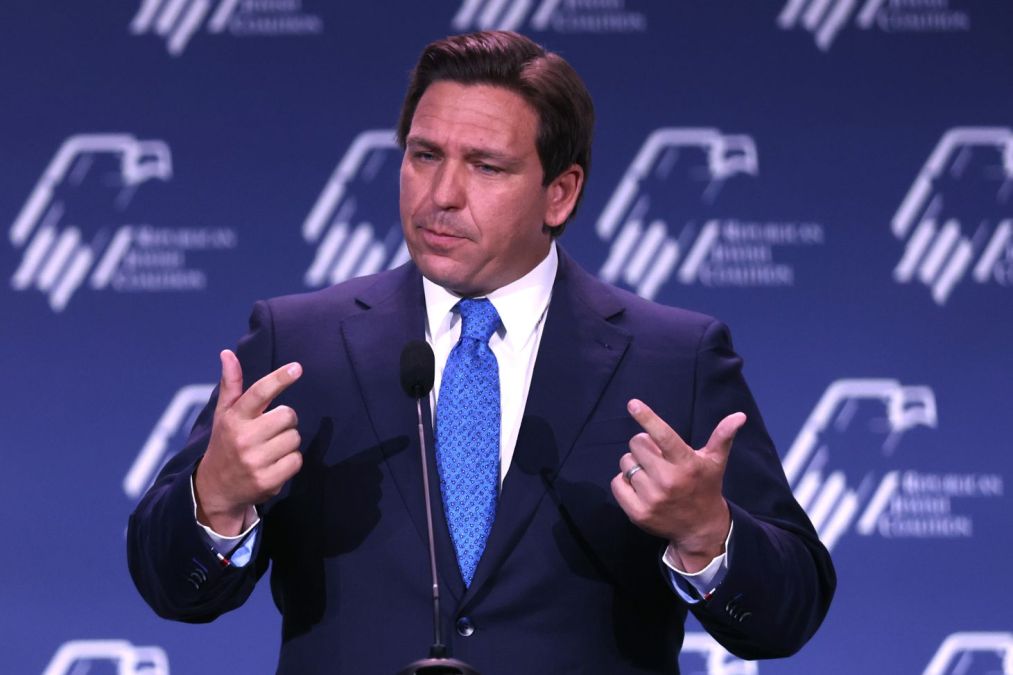Florida latest state to target generative AI in political ads

Florida lawmakers introduced legislation this month that would regulate the use of generative artificial intelligence in political advertising ahead of the 2024 election year. It would also change the state’s defamation laws to include false claims made with the technology, which, according to one senator, has “outpaced government legislation.”
SB 850, filed by state Sen. Nick DiCeglie earlier this month, would require political ads made with generative AI to be labeled with disclaimers. Failure to add a disclaimer could lead to civil penalties, such as fines, similar to the state’s other elections-related offenses. (In Michigan, the most recent state to pass such legislation, the violation is considered a misdemeanor, punishable by up to 93 days in jail.)
“The increasing access to sophisticated Al-generated content threatens the integrity of elections by facilitating the dissemination of misleading or completely fabricated information that appears more realistic than ever,” DiCeglie said in a news release about the proposal. “The technology that produces this content has advanced rapidly and outpaced government regulation.”
Voters in Florida have already been exposed to political attack ads made with generative AI — an ad supporting Florida Gov. Ron DeSantis in his 2024 presidential bid used an AI version of former President Donald Trump’s voice to read one of his social media posts. Another pro-DeSantis video used AI-generated images showing Trump hugging Dr. Anthony Fauci, his national COVID-19 adviser.
According to the Brennan Center for Justice, “AI’s quickly advancing ability to replicate reality makes it increasingly challenging for voters to distinguish between AI-generated and human-generated material,” which opens the door for potentially widespread misuse.
Another bill filed this month, HB 757, would make several changes to Florida’s defamation law. Proposed by state Rep. Alex Andrade, it would allow someone to file civil lawsuits if content made or modified with generative AI led others to believe something false about a person.
Five states — California, Michigan, Minnesota, Texas and Washington — have already enacted legislation to regulate AI-generated images, audio or video showing competing candidates saying or doing things that they never did as a way to disparage their candidacy, according to Public Citizen. Lawmakers in at least five other states, including Florida, have filed similar legislation.
U.S. Sens. Amy Klobuchar of Minnesota, Cory Booker of New Jersey and Michael Bennet of Colorado in May introduced the REAL Political Ads Act, which would require disclaimers on political ads that use images or video generated by AI.
In addition to these bills, which tackle specific uses of generative AI in political ads, Florida may also join dozens of states in creating a statewide council to study generative AI and other forms of AI to understand their effects on government services, the private sector and residents’ lives.
Proposed by state Rep. Joe Gruters, SB 972 would require the AI council to file regular reports to the state legislature and governor that include policy recommendations to protect “privacy and interests of the residents of this state from any negative effects caused by artificial intelligence systems,” according to the bill’s language.






